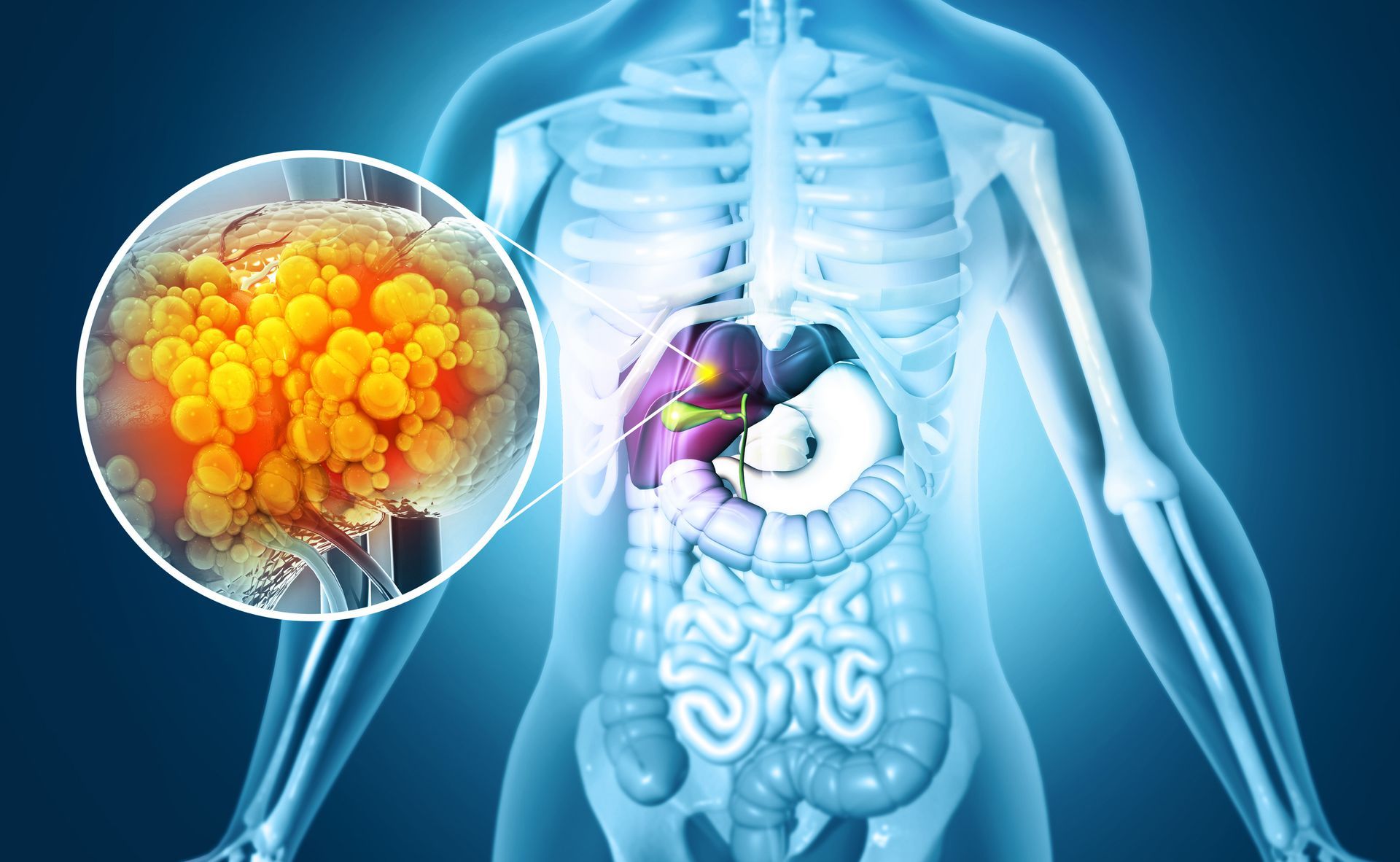Hemorrhoid Doctor in Northwest Florida: 4 Types of Hemorrhoids
You may not like talking about them, but if you suffer from hemorrhoids, there is no escaping thinking about them. The condition can be uncomfortable, embarrassing, and at times, downright painful. The important thing to remember is that you are not alone. As many as 1 in 20 Americans deal with hemorrhoids, and up to 50 percent of those over the age of 50 will encounter them. Patients should also keep in mind that not all hemorrhoids are the same and that they may not always present with the same symptoms. In fact, there are four distinct types of hemorrhoids, and determining which you have is key to finding safe, effective relief.
Signs & Symptoms of Internal Hemorrhoids
Internal hemorrhoids are located inside the rectum. These types of hemorrhoids generally resolve on their own and due to their location, are often asymptomatic. In instances when patients do experience discomfort from internal hemorrhoids, it is often because of their size. Larger internal hemorrhoids may cause symptoms such as pain, itching, or burning.
Signs & Symptoms of External Hemorrhoids
External hemorrhoids are what most patients envision when they think of hemorrhoids. These occur at the anus as either visible or palpable lumps. Location is the only distinguishing factor between internal and external hemorrhoids, but it can make a significant difference. While internal hemorrhoids may go completely unnoticed, external hemorrhoids often produce a number of uncomfortable symptoms until they are resolved. Most commonly, patients report itching, burning, and pain during activity, while sitting, or during bowel movements.
Signs & Symptoms of Prolapsed Hemorrhoids
Prolapsed hemorrhoids are internal hemorrhoids that have grown to the point that the protrude from the anus. These may be accompanied by classic hemorrhoid symptoms or have no symptoms at all. All internal hemorrhoids are classified on a scale of Grade 1 – 4:
- Grade 1 – No prolapse
- Grade 2 – Prolapse under pressure such as straining during a bowel movement but return on their own
- Grade 3 – Prolapse that can be pushed back in by the patient
- Grade 4 – Prolapse that is too painful to be pushed back in
Signs & Symptoms of Thrombosed Hemorrhoids
Thrombosed hemorrhoids are internal or external hemorrhoids in which a blood clot (thrombosis) has developed. Symptoms that accompany a thrombosed hemorrhoid are often more severe than normal and can include intense itching, burning, pain, redness, and swelling. The area around the hemorrhoid may also take on a bluish color. Quick treatment of thrombosed hemorrhoids is necessary to prevent loss of blood supply and damage to the surrounding tissue.
Hemorrhoid Treatment in Northwest Florida
If you are suffering from any form of hemorrhoid, seek the medical attention of a gastroenterologist. These specialists can offer treatment recommendations to help you find relief and perform the necessary procedures should your hemorrhoids become severe or unresponsive to other methods. In Santa Rosa our team of gastroenterologists is fully prepared to treat all manner of digestive diseases, including hemorrhoids.
CONTACT
850-763-5409
ADDRESSES
4 LOCATIONS
204 E 19th Street, B, Panama City
12216 Panama City Beach Pkwy, D, Panama City Beach
4295 3rd Ave, Marianna
101 Good Morning St., 109B, Port St. Joe
Subscribe to our newsletter:
subscribe to our newsletter
We will get back to you as soon as possible.
Please try again later.



